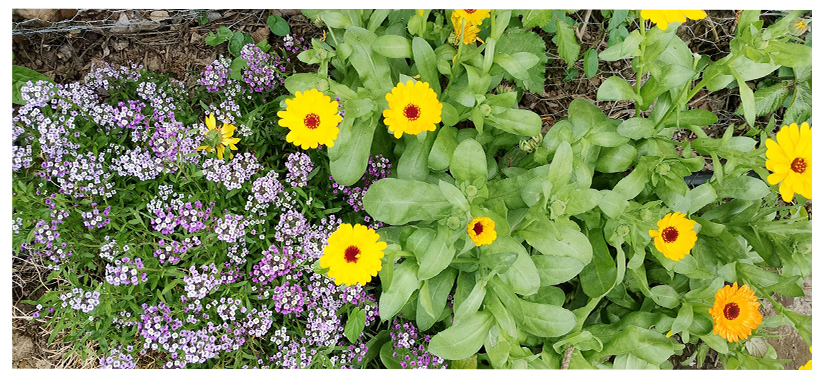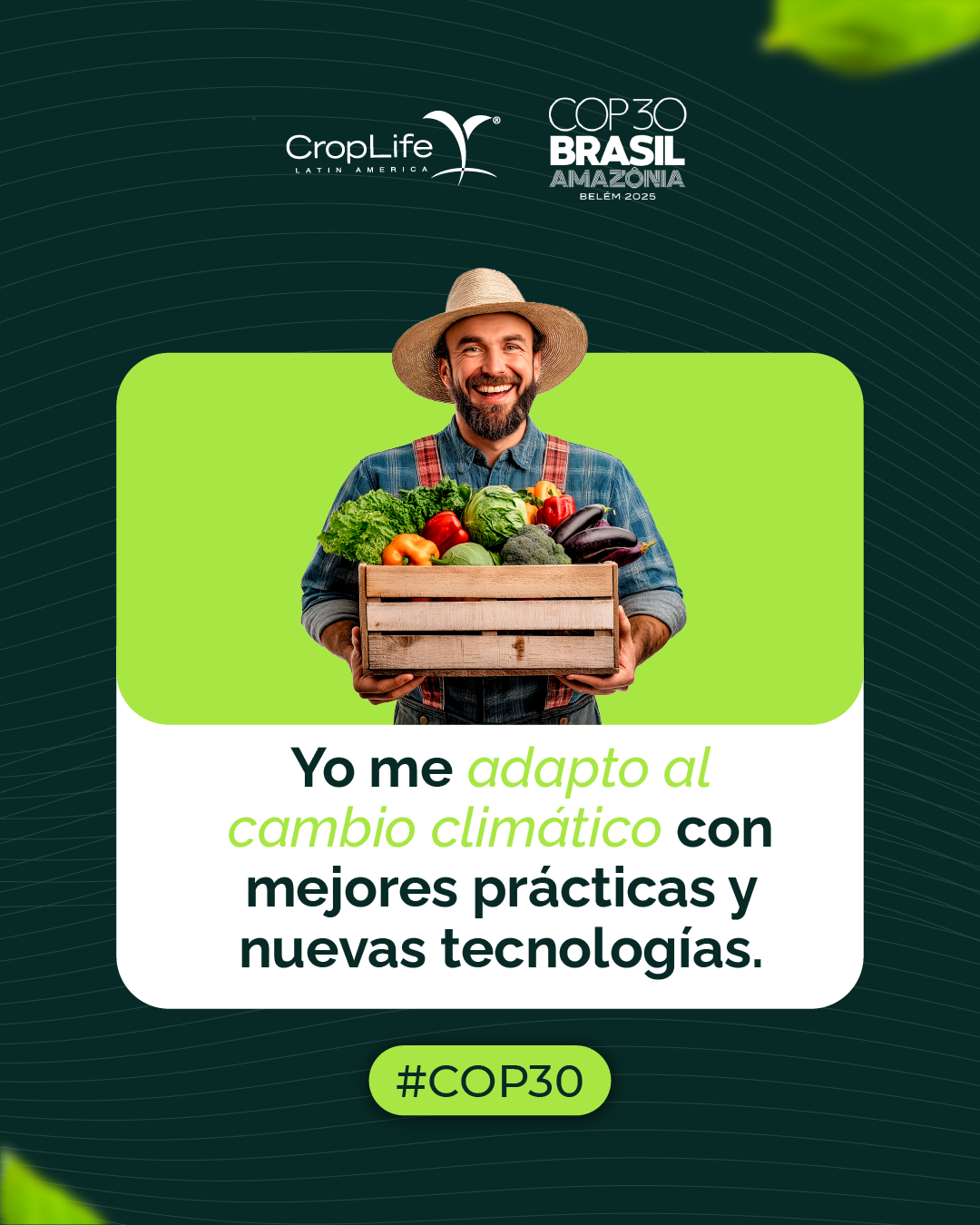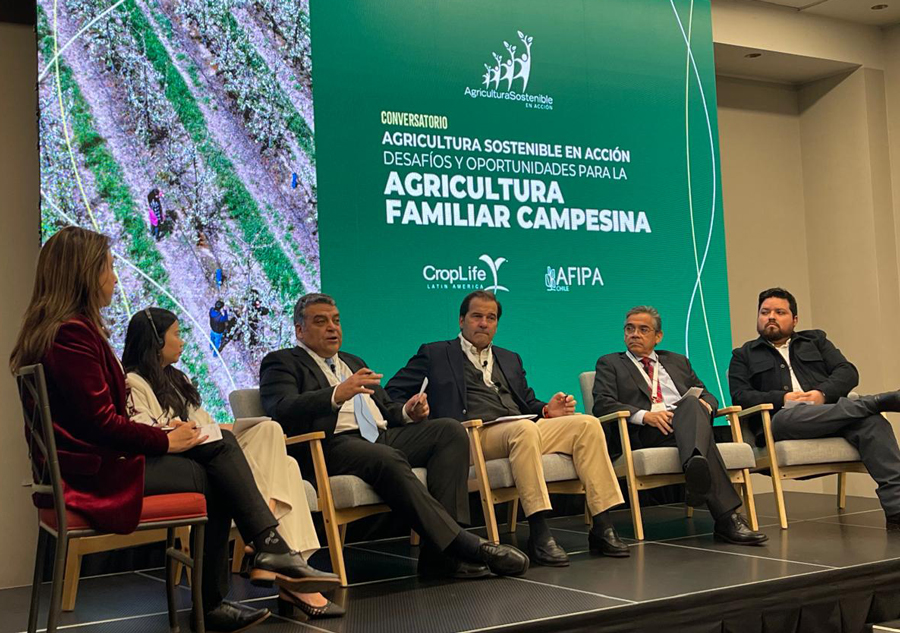April 30, 2025
This was the key message from participants at the international forum “Sustainable Agriculture in Action: Challenges and Opportunities for Smallholder Family Farming”, organized by the National Association of Agricultural Crop Protection Manufacturers and Importers (AFIPA) and CropLife Latin America, held in Santiago, Chile, on April 30.
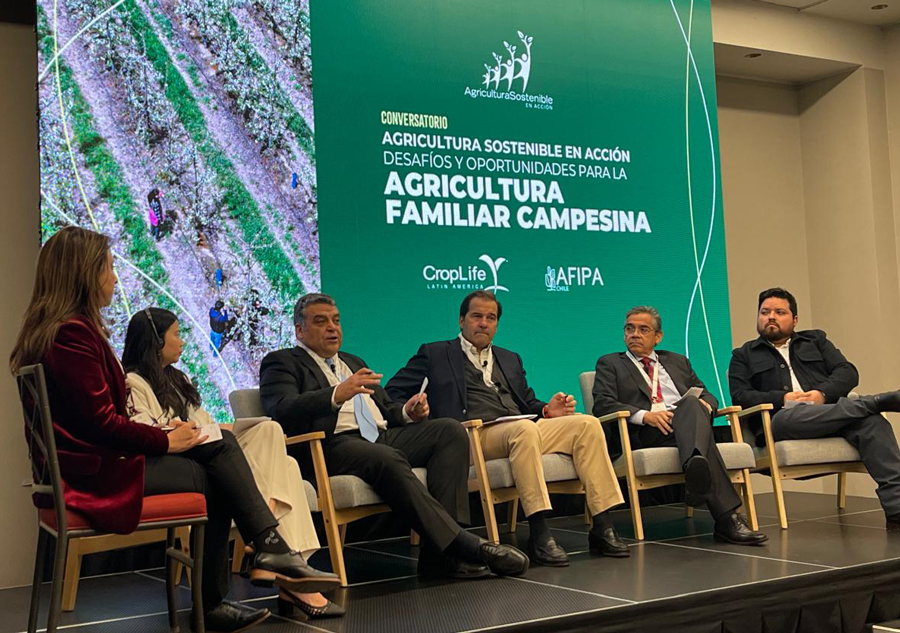
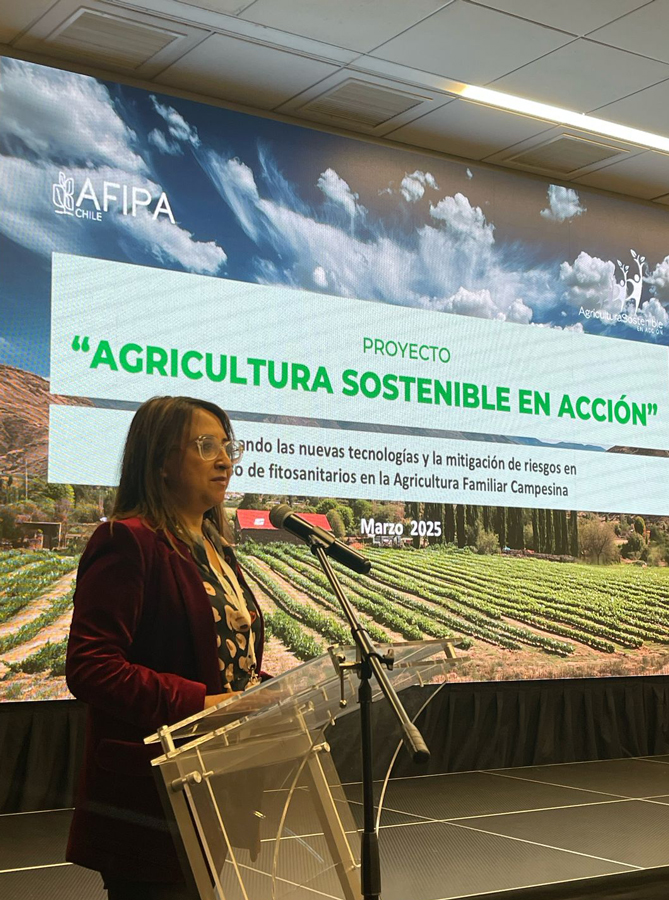
Promoting access to modern agricultural technologies and encouraging the adoption of good practices that enhance productivity and protect biodiversity are key goals in achieving more productive, sustainable, and resilient agriculture. Experts at the forum emphasized that Integrated Pest Management (IPM) is an essential strategy for the development of Smallholder Family Farming (SFF) in Chile.
“In Chile, more than 260,000 farmers make up the Smallholder Family Farming sector and are responsible for a significant share of the food we consume. Supporting them with IPM plans and the implementation of good agricultural practices is crucial to advancing sustainability and food security,” stated Patricia Villareal, Director of AFIPA.
IPM allows crops to be monitored and protected through a combination of cultural, biological, and chemical practices, prioritizing the protection of soil, water, and pollinators. “IPM provides a comprehensive approach that requires the commitment of all stakeholders: authorities, farmers, input manufacturers, and civil society,” said José Perdomo, President of CropLife Latin America. Perdomo emphasized that this comprehensive approach is the essence of the Sustainable Agriculture in Action or SPMF programs, a global industry initiative. In Latin America, this model is being implemented in Guatemala, Colombia, and Chile, generating tangible results in the field.
Delisa Jiang, director of the Sustainable Pesticide Management Framework (SPMF) projects at CropLife International, highlighted that this strategy promotes agricultural innovation, the responsible use of crop protection products, and science- and risk-based regulatory harmonization as an alternative to hazard-only-based decision-making.
“In the face of regulatory debates in the region that promote the precautionary principle as the basis for blanket bans, it is important to remember that scientific risk assessment, combined with progressive mitigation measures, is the internationally recognized path to protecting health, the environment, and ensuring productivity,” added Jiang.
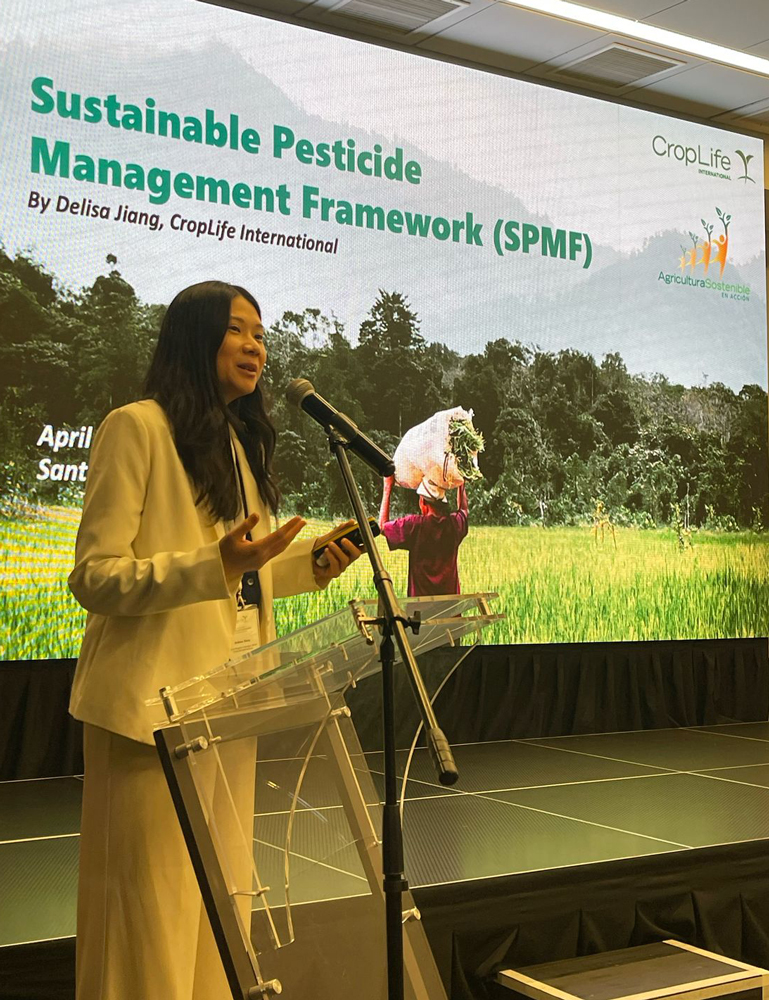
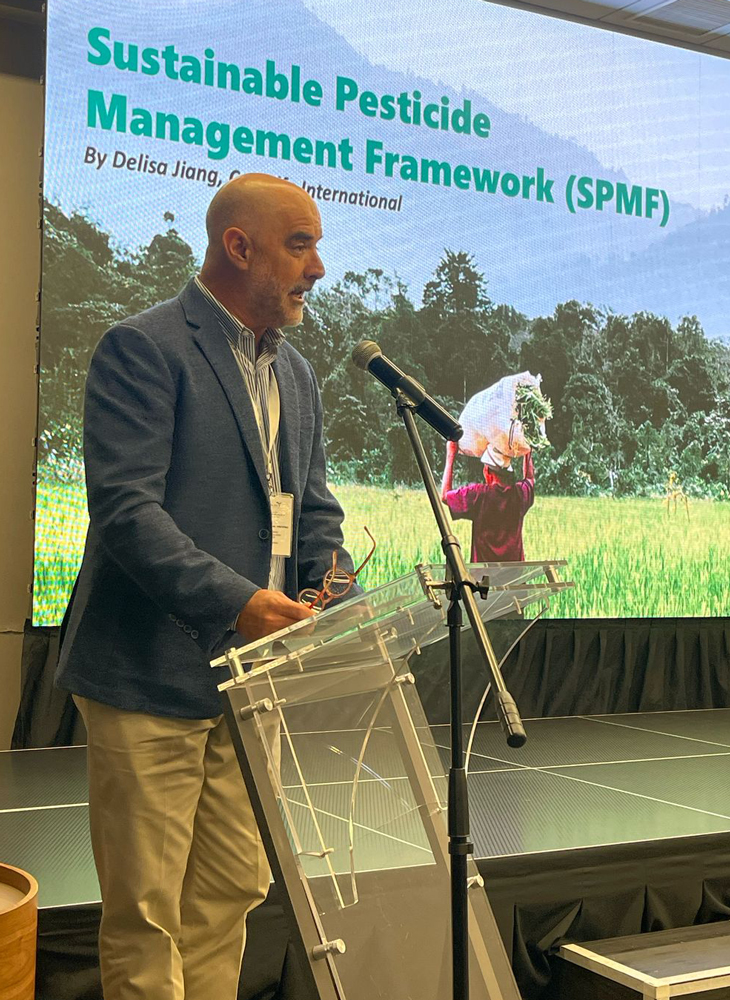
During the panel discussion, representatives from INDAP, SAG, SNA, and HORTACH highlighted the need to strengthen the technical training of small farmers, the importance of having risk-proportional regulatory frameworks, and the urgency of coordinating efforts between the public and private sectors to achieve competitive and environmentally responsible agriculture. The panel agreed that the SPMF approach can be a key tool in addressing the current challenges of the Chilean agricultural sector and enhancing its adaptability to climate change and international market demands.
The international forum was attended by over 70 people, including national authorities, trade leaders, farmers, media, and representatives from the CropLife Latin America network of associations, from 15 countries in the region.








